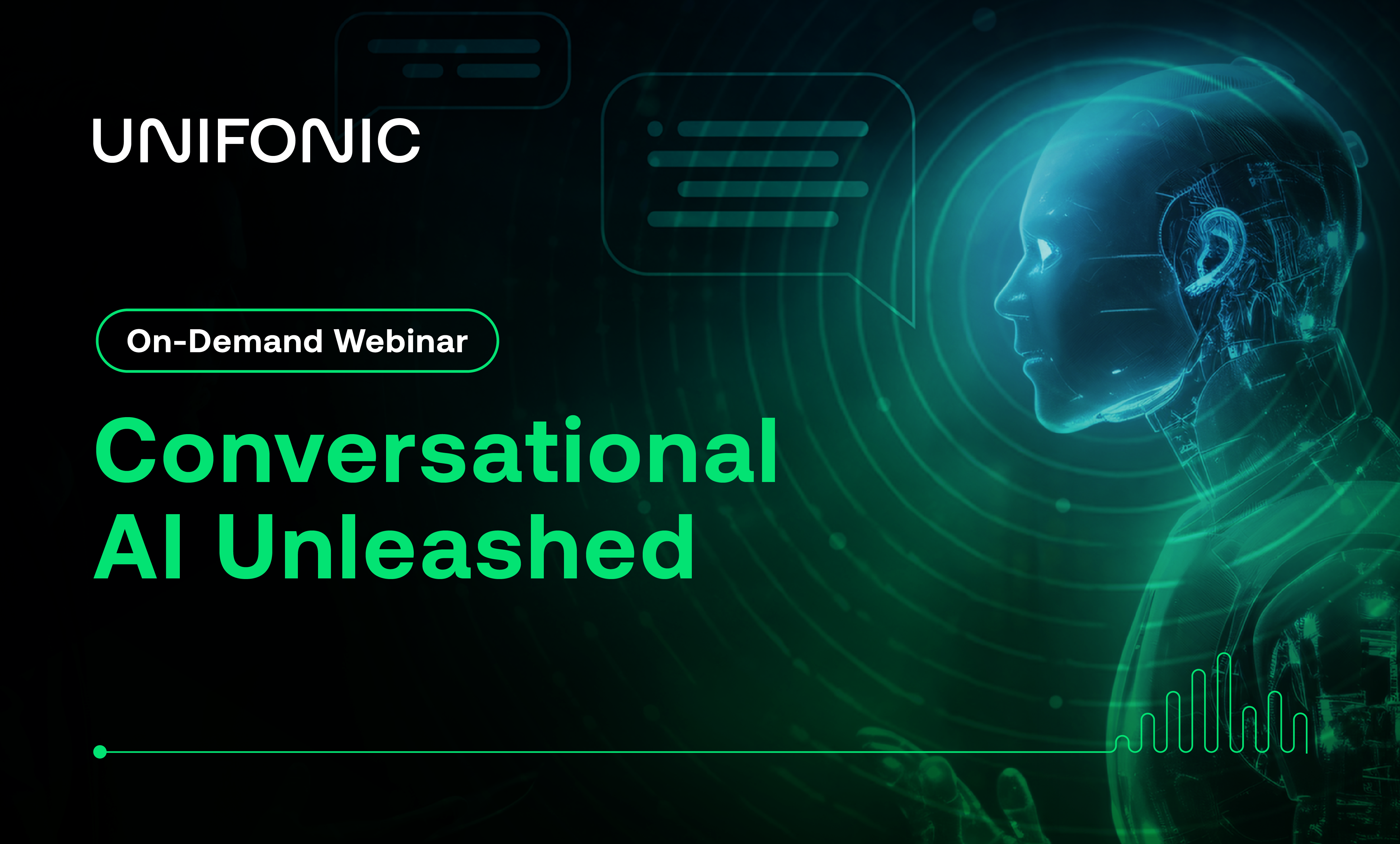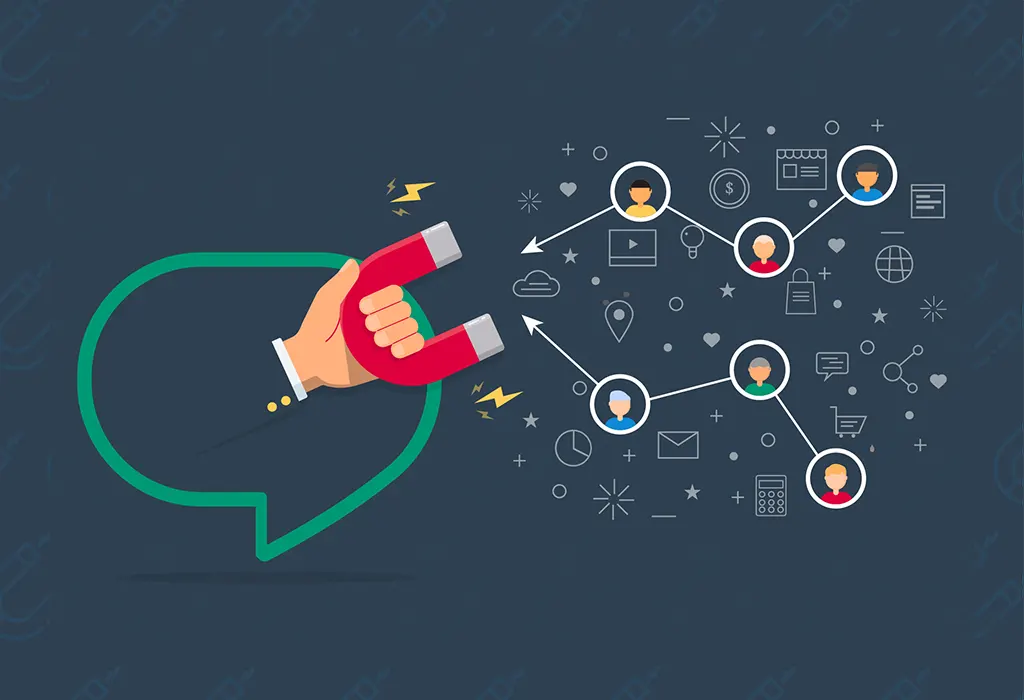AI-Based Personalization Allows Brands to Increase Customer Engagement
AI-Based Personalization Allows Brands to Increase Customer Engagement

In marketing, personalization has long been a key driver of success. By understanding demographics, interests, and behaviors, companies are able to create targeted messages that resonate with consumers on an individual level and with laser precision.
With tools like WhatsApp Business API and chatbots at their disposal, companies now have the opportunity to take personalization to the next level and build a comprehensive customer engagement platform with the help of AI.
By leveraging AI for personalization, brands can create an engaging and interactive customer experience that helps to increase loyalty and brand advocacy.
What is AI-Based Personalization and How Does it Work?
AI-based personalization is the process of using artificial intelligence to create personalized experiences for consumers. This can be done in a number of ways, but most commonly, it is used to provide recommendations or suggestions based on previous interactions.
For example, if a customer has previously bought a shirt from a certain brand, the AI-based personalization system may suggest other shirts from the same brand that the customer might like, or with a similar color or style. If a customer has shown interest in a certain type of running shoe, the system may provide recommendations for other exercise gear or maybe a GPS watch. As long as the data is available, AI-based personalization systems can make highly personalized recommendations that are tailored to the individual.
In order to provide these personalized experiences, AI-based personalization systems must first collect data about the customer. This data can be collected in a number of ways but is most commonly gathered through interactions with the customer (e.g., click data, purchase history, search history, etc.). Once this data is collected, it is then analyzed to identify patterns and trends. From there, the system can make recommendations or suggestions accordingly to match quality leads with ideal products.
If you've ever seen a product advertised to you on social media or in your email inbox after you've already looked at it on a website, that's AI-based personalization at work.
What are the Benefits of AI-Based Personalization?
There are a number of benefits that come with using AI-based personalization. The most immediate and primary benefit is that it allows businesses to hone in on their target audience with greater precision. By understanding the customer’s interests, demographics and behaviors, businesses can create messages and experiences that are far more likely to resonate.
In addition, using AI for customer engagement can also lead to increased sales and conversions. Studies have shown that consumers are more likely to purchase from a brand that offers personalized experiences. When done right, AI-based personalization can create a virtuous cycle in which customers who have a positive experience are more likely to return in the future. This allows for less ad spend because ads are targeted to people who have a genuine interest in what is being offered, and companies know that they’re more likely to convert leads into paying customers.
Another key benefit of AI-based personalization is that it helps businesses to build deeper relationships with their customers. By understanding the customer on a more personal level, businesses can create experiences that are more tailored to their needs and wants. This, in turn, can lead to increased customer loyalty and advocacy.

Also, with advancements in natural language processing (NLP), chatbots are becoming more and more humanlike in their interactions and can communicate in a more natural way. This is especially beneficial for customer service, as it allows for quicker and more efficient resolution of issues.
Finally, AI-based personalization can also help businesses to better understand their customers. By collecting data and analyzing customer behavior, businesses can gain valuable insights into what customers want and how they make decisions. This information can then be used to improve the overall customer experience.
Conclusion
Overall, AI-based personalization is a powerful tool that can help businesses to increase sales, conversions, and customer loyalty. When used correctly, it has the potential to provide a major competitive advantage simply because many businesses are still using broad, generic approaches to customer engagement. As AI technology continues to evolve, we can expect to see even more businesses adopting AI-based personalization in the years to come.
However, it's important to use AI with caution - Whilst it is undoubtedly an invaluable tool for the marketeer, no one wants to feel like they're being spied on or that their privacy is being invaded so it’s vital to create and respect boundaries, and to give customers the ability to opt-out at any time.
Related articles

28 June 2022
How customer experience impacts brand loyalty
Read more



